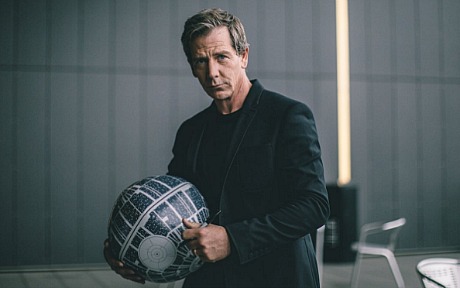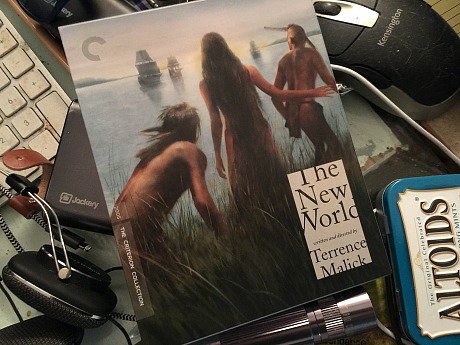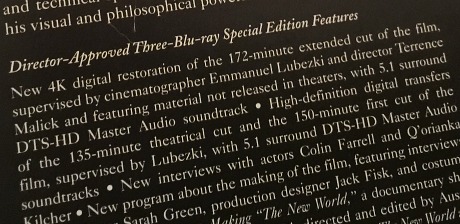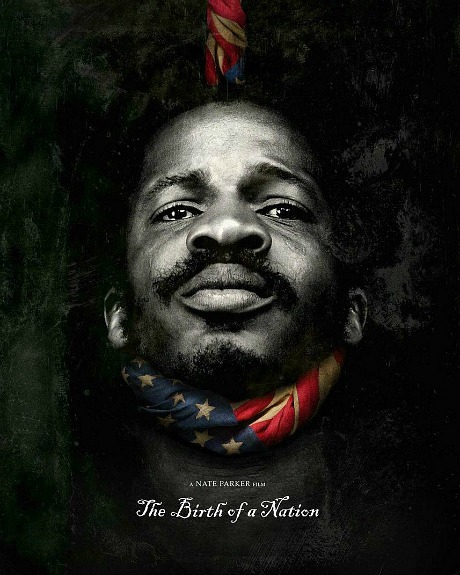“As [Donald] Trump prepares to claim the Republican nomination for president this week, he and his supporters are sure to laud his main calling card — his long, operatic record as a swaggering business tycoon. And without question, there will be successes aplenty to highlight, from his gleaming golden high-rises to his well-regarded golf resorts, hit TV shows and best-selling books.
“But a survey of Mr. Trump’s four decades of wheeling and dealing also reveals an equally operatic record of dissembling and deception, some of it unabashedly confirmed by Mr. Trump himself, who nearly 30 years ago first extolled the business advantages of ‘truthful hyperbole.’ Indeed, based on the mountain of court records churned out over the span of Mr. Trump’s career, it is hard to find a project he touched that did not produce allegations of broken promises, blatant lies or outright fraud.” — paragraphs #3 and #4 from David Barstow’s 7.16 N.Y. Times piece, “Donald Trump’s Deals Rely on Being Creative With the Truth.”





